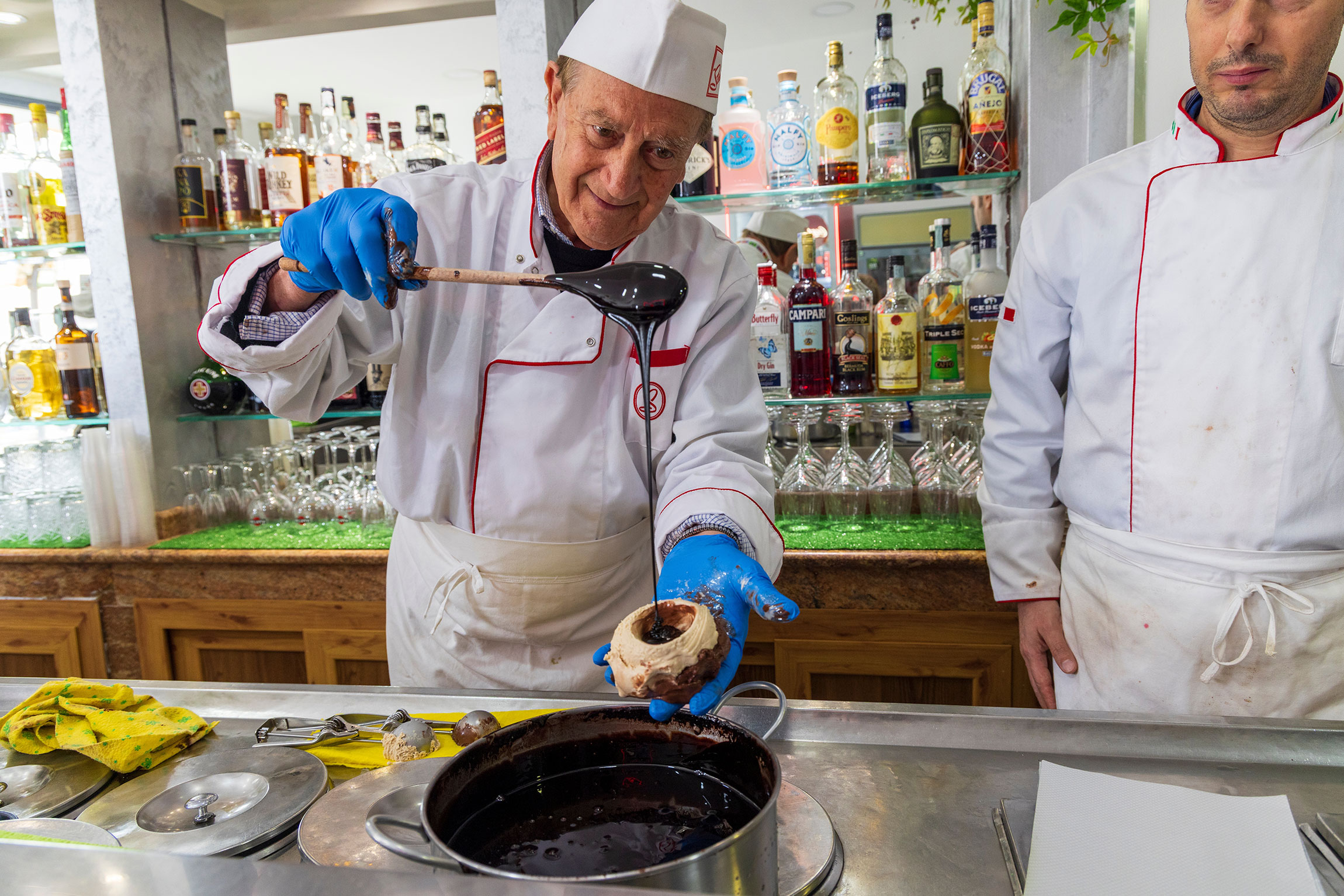On May 9th the vibrant city of Ravenna, located in the Piadina region of Northeast Italy famous for its gastronomy and wines, marked the annual Europe Day celebrations with concerts, exhibitions, and more.
Europe Day commemorates the presentation in 1950 by French Foreign Minister Robert Schuman, of the plan of economic cooperation designed by Jean Monnet, and is recognized as the symbolic beginning of the process of European integration.
Jean Monnet, considered a visionary by many, wanted to lay the foundation for the creation of a European federation, which, only five years after the end of the second world war was considered indispensable to the maintenance of future peaceful relations between European states.
Ravenna has just entered the contest to be selected as European Capital of Culture 2019
Ravenna has just entered the contest to be selected as European Capital of Culture 2019
The first step was the creation of a high authority for the pooling and control of coal and steel reserves, strategic resources over which the European countries, in particular France and Germany, had shed so much blood.
The Schuman Declaration became reality upon the signing of the Treaty of Paris in 1951, which instituted the European Coal and Steel Community (ECSC), the first step in the formation of the European Union.
In these present times of crisis Europe appears to have moved further away from its citizens, the bonds of solidarity with the countries of southern Europe have undeniably loosened, and the so-called “great powers” appear dominant. Everywhere, the power of the national states prevails over the federal concept, but we cannot forget that the European Parliament is a democratic institution, even if it should expand its powers.
This year Europe Day carries a particular value, as it falls just a few weeks before the European elections. In a time of acute socioeconomic crisis, in which large segments of European public opinion are taking anti-European Union or, at the very least, anti-euro positions, the initiative “open doors of the European Union” presents itself with a very specific purpose, to engage and inform all segments of European society.
Participate in the celebrations to discover the European Union: the Union’s major institutions in Brussels, Luxembourg and Strasbourg have opened their doors to the public at large, while local offices throughout Europe and in the rest of the world are organizing a series of activities and events to reach EU citizens of all ages. These invite participants to learn how the European Parliament is one of the world’s largest democratic assemblies, ways to contact a European Ombudsman for help with administrative problems, and how the Union’s auditors are working to protect the financial interests of the citizens of Europe.
On this year’s Europe Day, Ravenna has also entered the contest to be selected as European Capital of Culture 2019. The city literally has a long walk ahead, with the project “La Romagna in cammino verso il 2019”, a series of walks to rediscover and truly appreciate the hidden gems of Romagna, one of Italy’s regions richest in cultural, historical, natural and architectural landscapes.
The selection is scheduled to take place at the end of October. In addition to Ravenna, other cities in contention are Cagliari and Lecce, Matera, Perugia-Assisi and Siena.




























